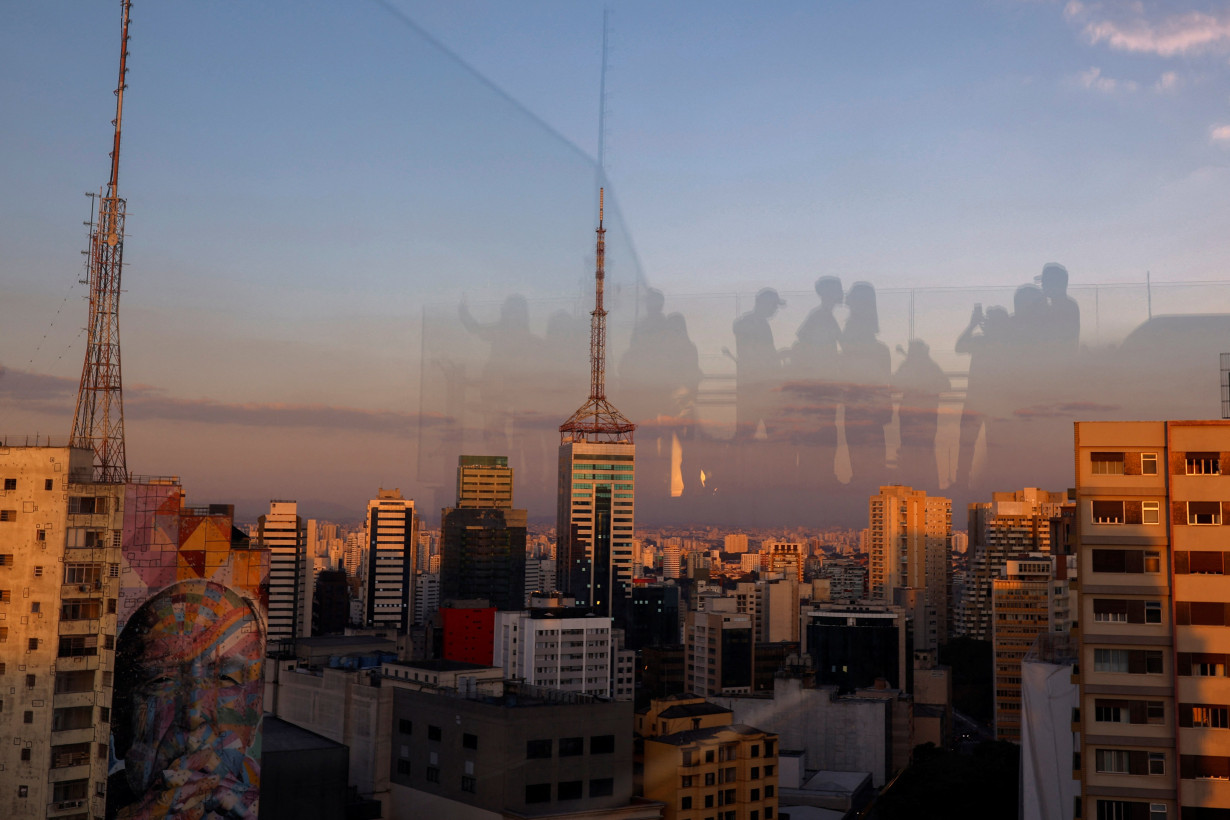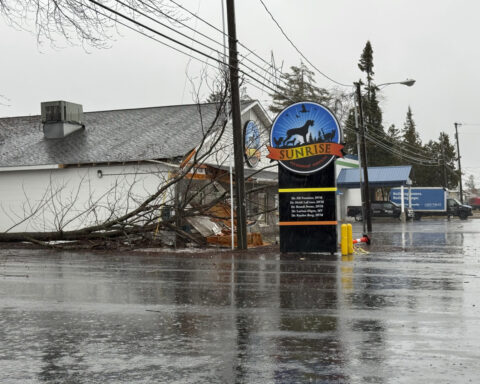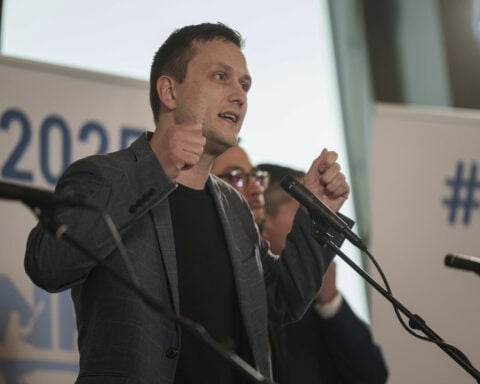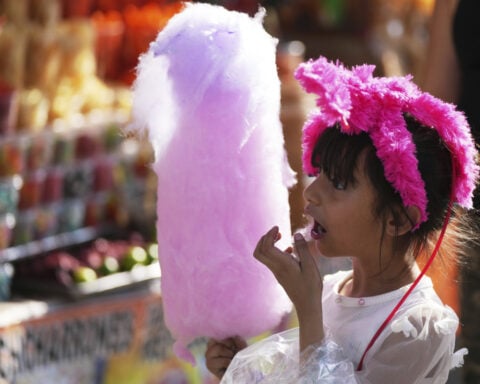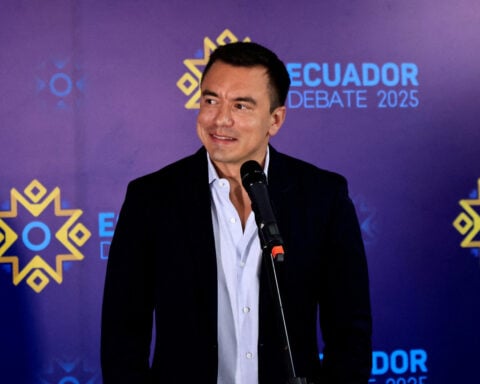SAO PAULO (Reuters) - Brazil's 12-month inflation rate accelerated slightly less than expected in early March but still hit its highest level in two years, official data showed on Thursday, as the Brazilian central bank continues to tighten monetary policy.
Annual inflation in Latin America's largest economy was 5.26% in the period, statistics agency IBGE said, speeding up from 4.96% in the previous month and remaining well above the upper end of the central bank's 1.5%-4.5% target range.
The reading was the highest for the IPCA-15 inflation index since March 2023, although slightly below the 5.30% forecast by economists in a Reuters poll.
Brazil's central bank last week delivered a third consecutive 100-basis-point hike to its benchmark interest rate, taking it to 14.25%, and signaled a smaller increase at its next policy meeting.
The central bank has pointed to a challenging path to bring inflation back to its 3% goal despite the aggressive rate hikes. Earlier on Thursday it raised long-term inflation forecasts despite anticipating weaker economic activity this year.
Inflation would only approach the official goal in the third quarter of 2027, according to the central bank's estimates.
"With the headline rate likely to trend upwards to 6% y/y over the coming months, we expect an additional 75 bp of tightening over the next couple of meetings," said Jason Tuvey, deputy chief emerging markets economist at Capital Economics.
In the month to mid-March, consumer prices rose 0.64%, down from the 1.23% increase seen a month earlier. Economists expected a 0.70% rise.
All nine groups surveyed by IBGE posted price increases in the period, with the food and beverage category standing out as costs in the segment rose 1.09%.
Elevated food prices have been hurting President Luiz Inacio Lula da Silva's popularity and led his government to recently slash food import taxes. The leftist leader has vowed to bring inflation down.
(Reporting by Gabriel Araujo; Editing by Paul Simao)

 Trump has begun another trade war. Here's a timeline of how we got here
Trump has begun another trade war. Here's a timeline of how we got here
 Canada's leader laments lost friendship with US in town that sheltered stranded Americans after 9/11
Canada's leader laments lost friendship with US in town that sheltered stranded Americans after 9/11
 Chinese EV giant BYD's fourth-quarter profit leaps 73%
Chinese EV giant BYD's fourth-quarter profit leaps 73%
 You're an American in another land? Prepare to talk about the why and how of Trump 2.0
You're an American in another land? Prepare to talk about the why and how of Trump 2.0
 Chalk talk: Star power, top teams and No. 5 seeds headline the women's March Madness Sweet 16
Chalk talk: Star power, top teams and No. 5 seeds headline the women's March Madness Sweet 16
 Purdue returns to Sweet 16 with 76-62 win over McNeese in March Madness
Purdue returns to Sweet 16 with 76-62 win over McNeese in March Madness
